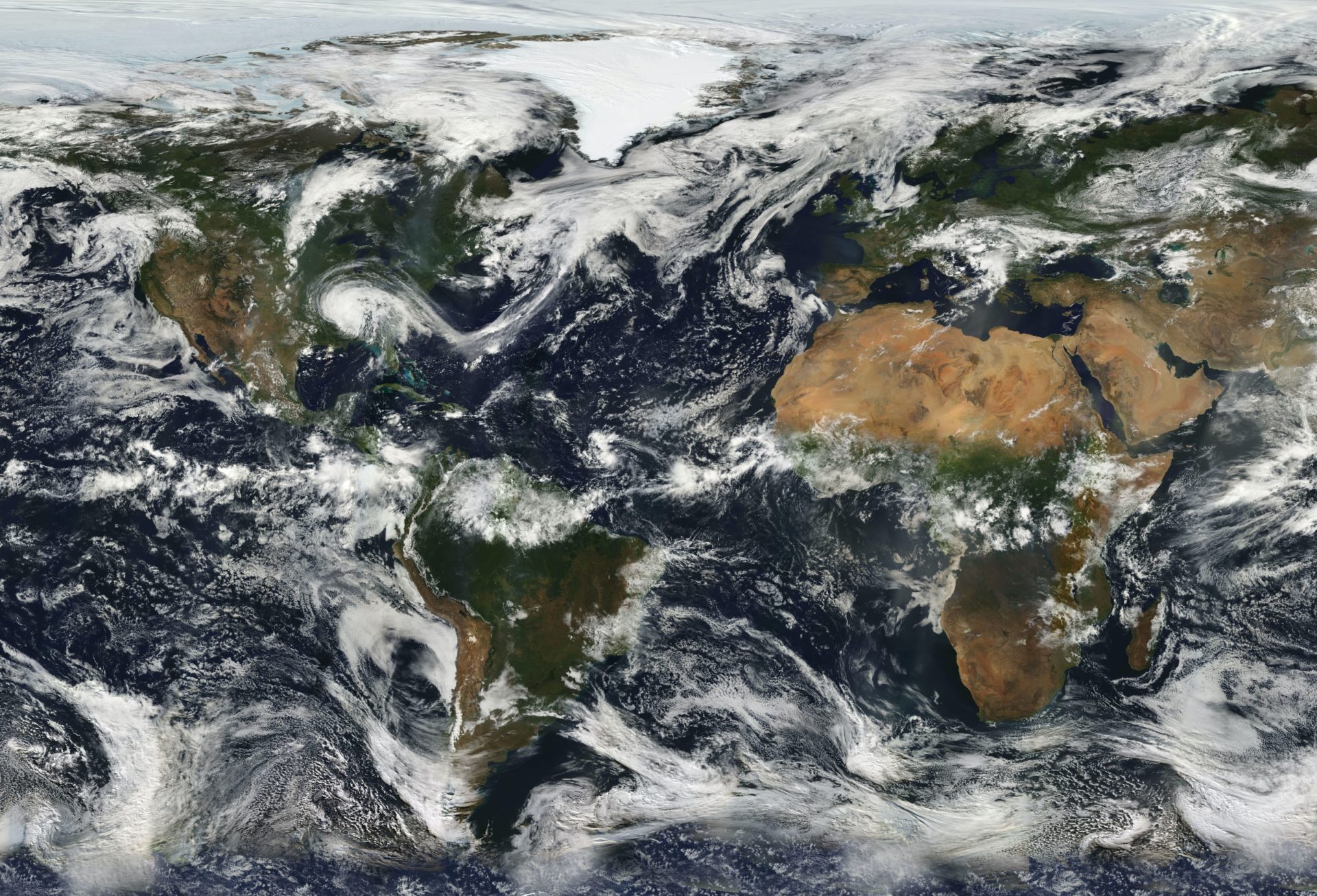Avengers: Endgame and The Snap: Did Thanos Get It Right?
Written by Stacie Murphy, Director of Congressional Relations | Published: May 21, 2019
This post contains spoilers for multiple Avengers movies, including Endgame. Seriously, you’ve been warned.
We’ve been talking about writing an Avengers: Endgame post for a few weeks now, given the obvious thematic connection to our work on global population growth. We haven’t done it until now because, the internet being what it is, someone will post a line out of context on some troll-y website and we’ll get lots of poorly-punctuated emails about how we want to kill people to save the planet, and no one wanted to deal with that.
But no one likes a coward, and ignoring a genuine cultural phenomenon—one directly touching on our issue, no less—seemed like the coward’s way out, so here goes.
First, let’s get this out of the way right at the top: No, Thanos did not get it right. Thanos is bad. The Snap is bad. Dusting half the population is not remotely ok, and no one should do it if they happen to stumble onto a spare Infinity Gauntlet.
A brief aside for those who haven’t seen the movies and have no idea what I’m talking about: Thanos, also known as the Mad Titan, is obsessed with the idea that humans (and countless other sentient species on other, mostly unnamed worlds) are going to destroy themselves and their planets through overpopulation. Because he’s a Mad Titan, he decides that the correct and obvious solution is to destroy half of all life, which he believes will create paradise for those left behind. A planet-by-planet culling is inefficient, so he sets about assembling the six infinity stones. Used together, they’ll grant him the power to simply snap his fingers and turn half of all living things in the universe to dust.
Avengers: Infinity War is about the quest to stop him from finding all the stones. (The heroes fail. Half of them turn to dust.) Avengers: Endgame is about undoing The Snap (The heroes succeed. Everybody gets un-dusted.)
Thanos is defeated, and that’s good, because he wasn’t right.
But.
What if his fundamental understanding of the problem wasn’t entirely wrong?
I can’t speak for how any alien civilizations might be treating their planets, but we have been less than kind to ours. We have stressed the oceans to the point of collapse, pushed a million other species to the brink of extinction, and raised the level of carbon dioxide in the atmosphere to the highest level recorded in all of human history.
We aren’t all equally culpable. Some of us have consumed way more than our fair share of, well, everything. Put bluntly, if Thanos had specifically Snapped just the wealthiest 10% of people worldwide, he’d have gone a long way toward addressing our environmental issues.
But raw numbers do matter, specifically *because* we believe everyone is entitled to a reasonable standard of living. To achieve it, we all need to consume some level of resources, both renewable and not.
In the year 1800, there were 1 billion people on the planet. By 1950, there were 3 billion. In 2011, we crossed the 7 billion mark. And by 2050, the United Nations projects there will be somewhere between 9 and 12 billion of us.
The environmental impact of continued growth, and the consumption that necessarily goes along with it, is enormous.
But there are things we can do. Those of us in wealthy countries must work to limit our own consumption as we push for investment in clean, renewable energy sources for everyone. And we also have to continue to advocate for universal access to voluntary family planning services, here in the U.S. and around the world.
The United States has the fastest-growing population of any developed country, and thanks to health care disparities and lack of commitment to our own family planning programs, nearly half of pregnancies here each year are unintended. There is a similar dynamic in much of the developing world, where there are around 214 million women who have an unmet need for affordable, appropriate, modern contraception. Simply empowering people everywhere with the tools and information they need to prevent unplanned pregnancies—an absolute good in and of itself—would also slow global population growth and help preserve our environment.
No Snap necessary.
Stacie Murphy is the Director of Congressional Relations for Population Connection and Population Connection Action Fund. Her geek credentials are sterling. Ragnarok was the only good Thor movie. Fight her at smurphy@popconnect.org

